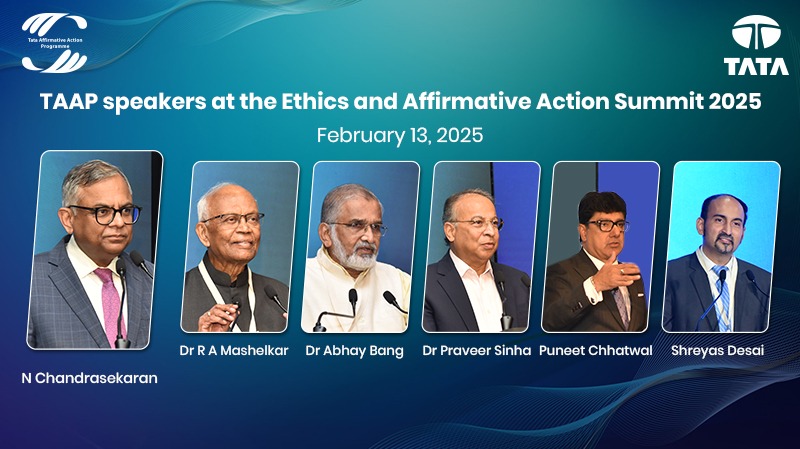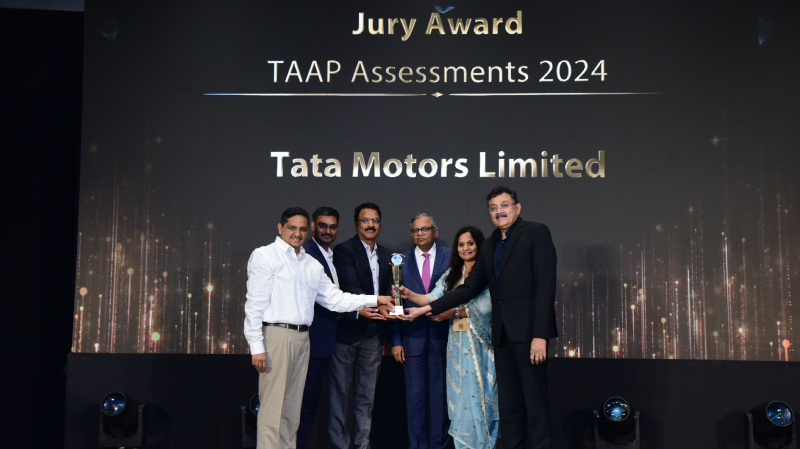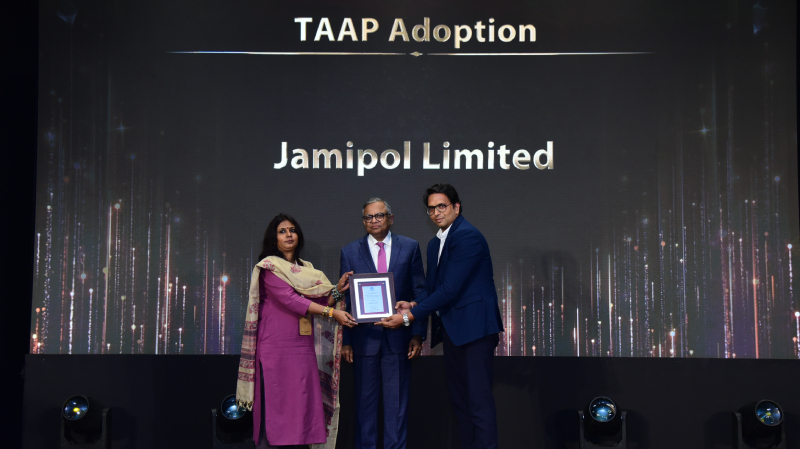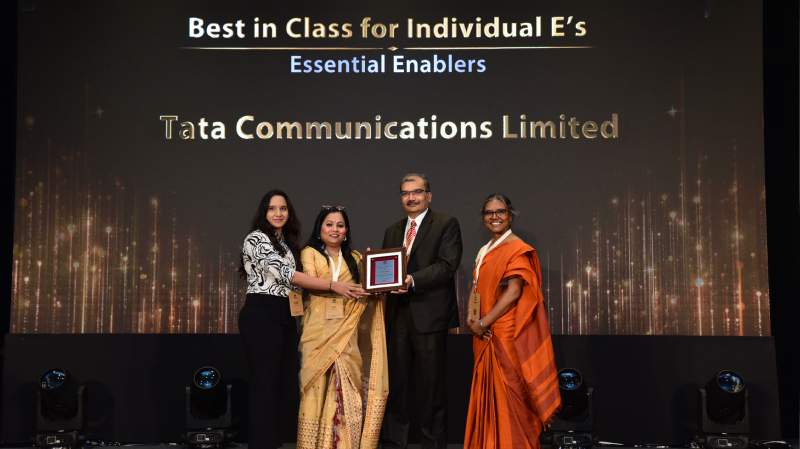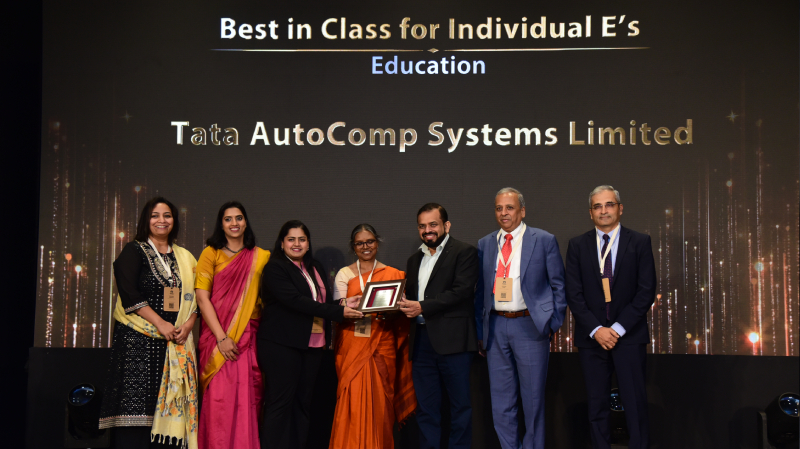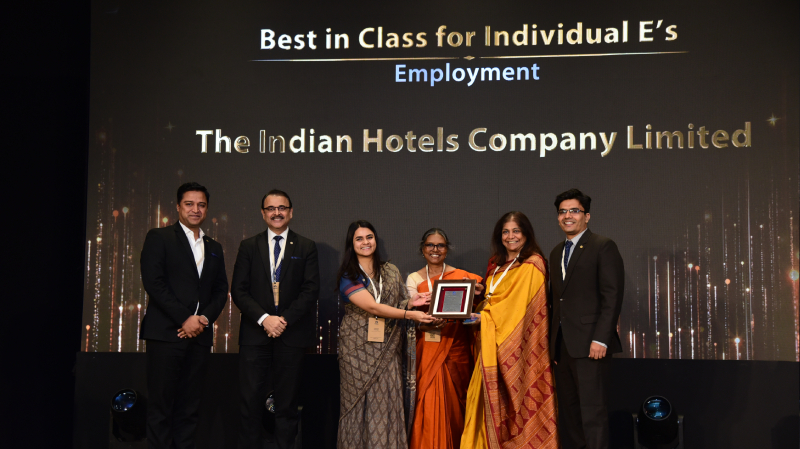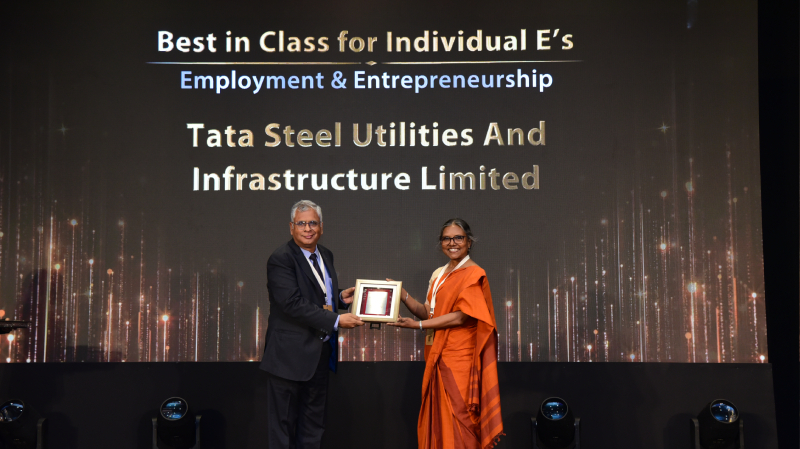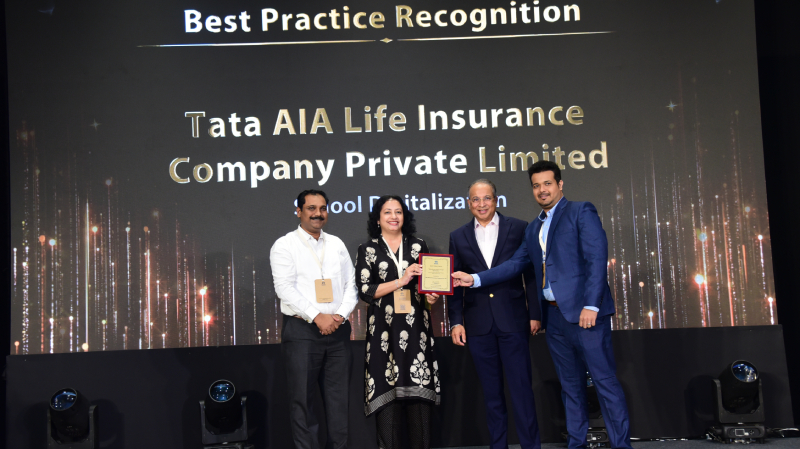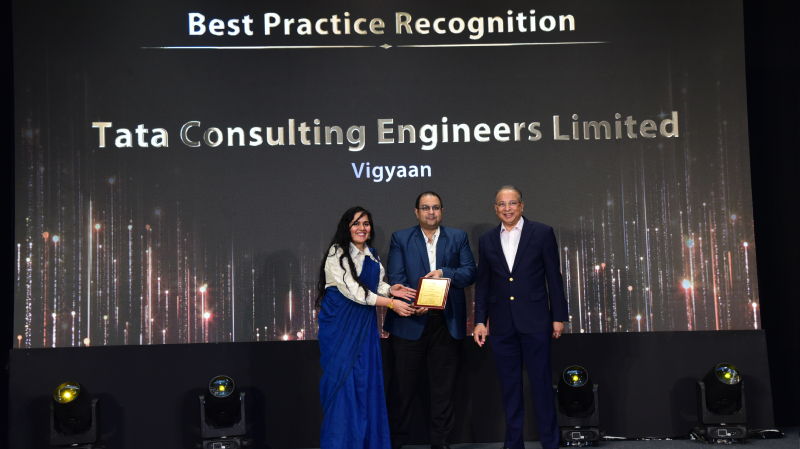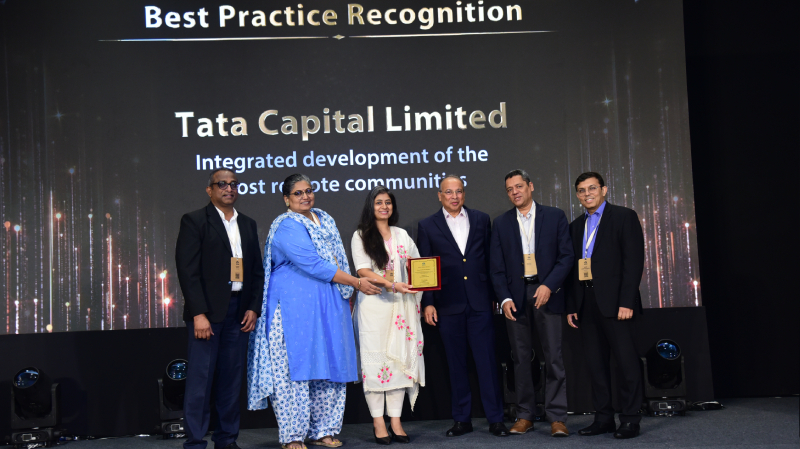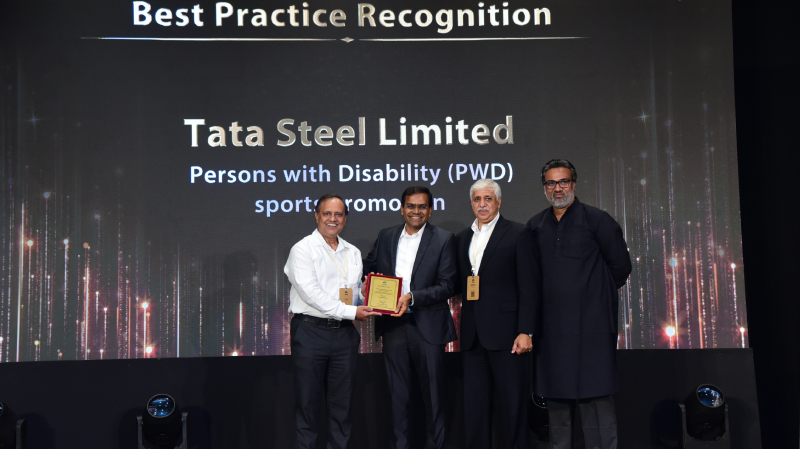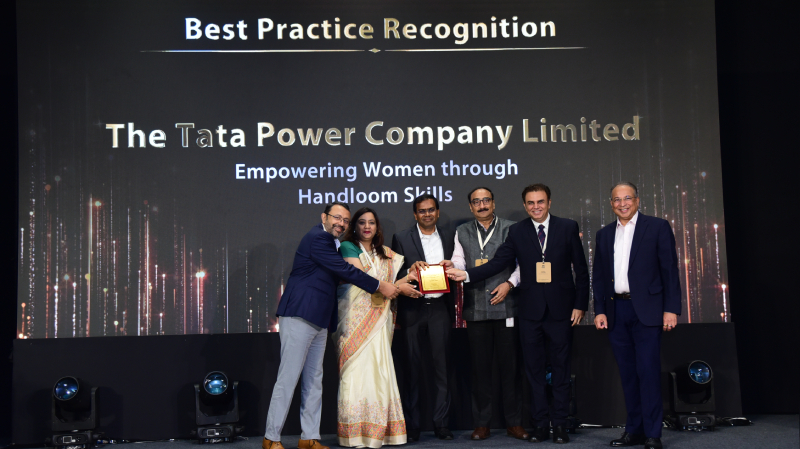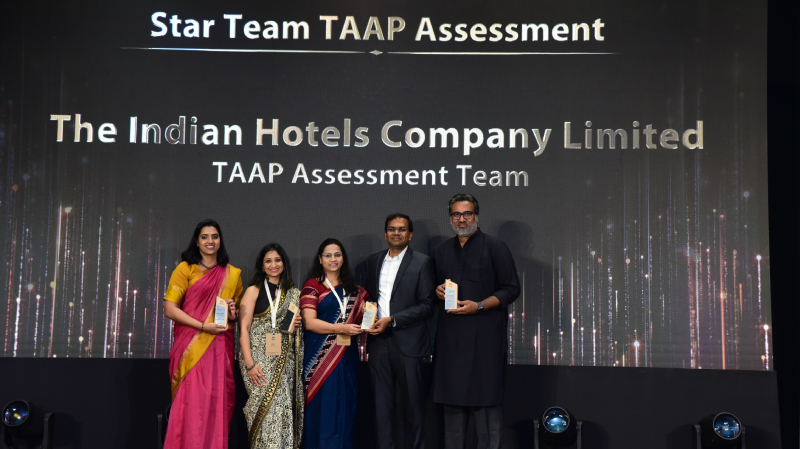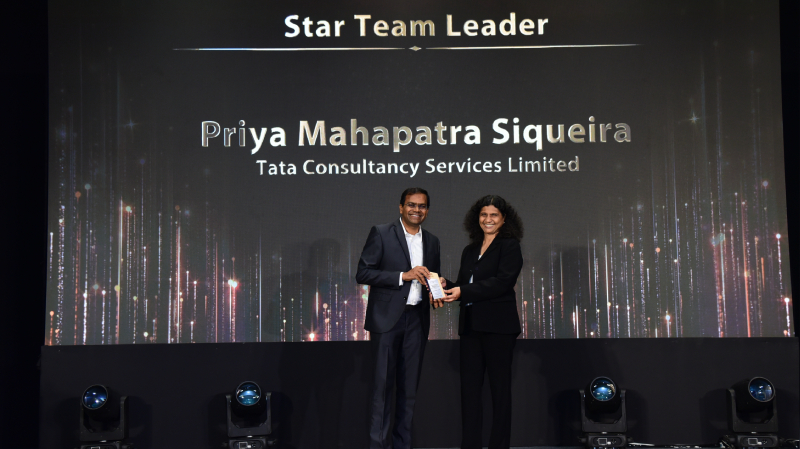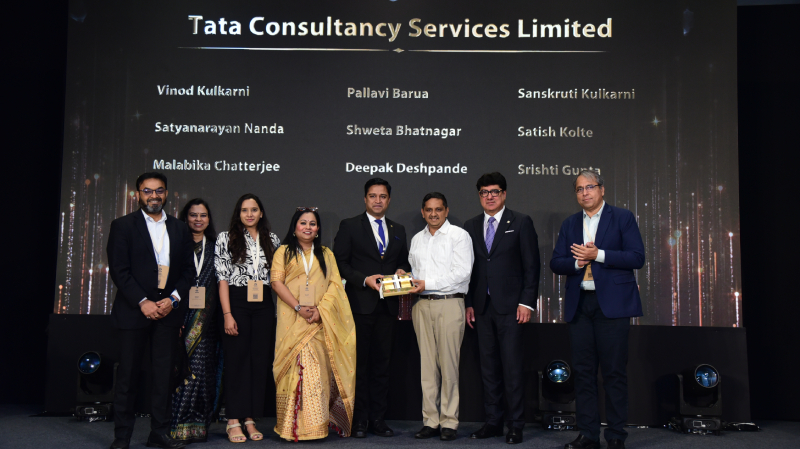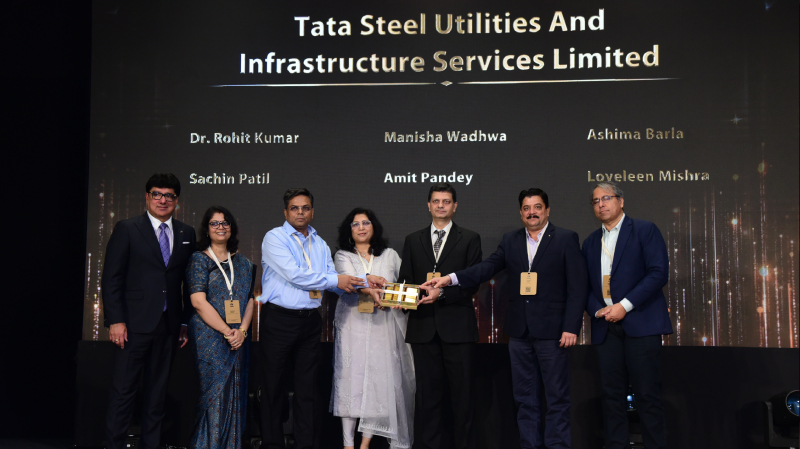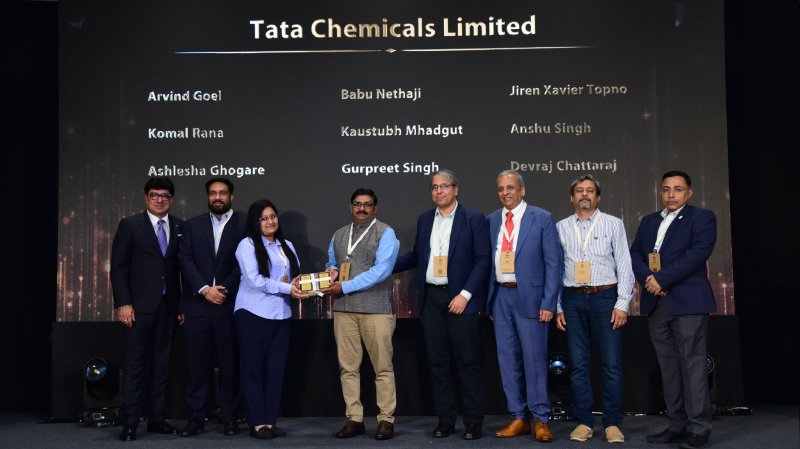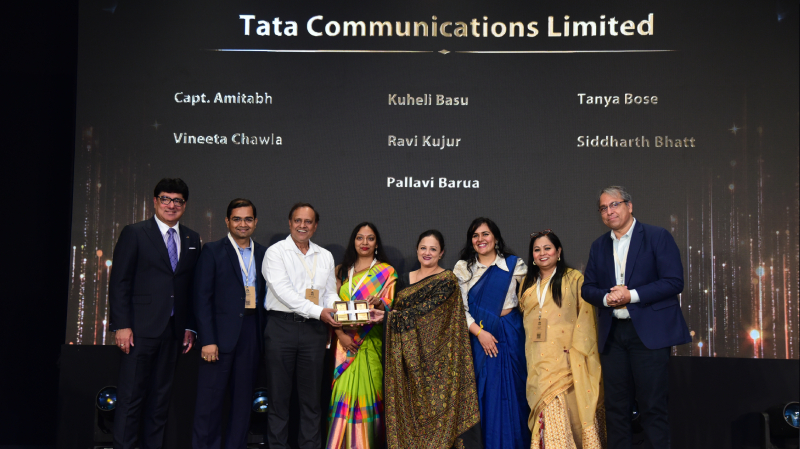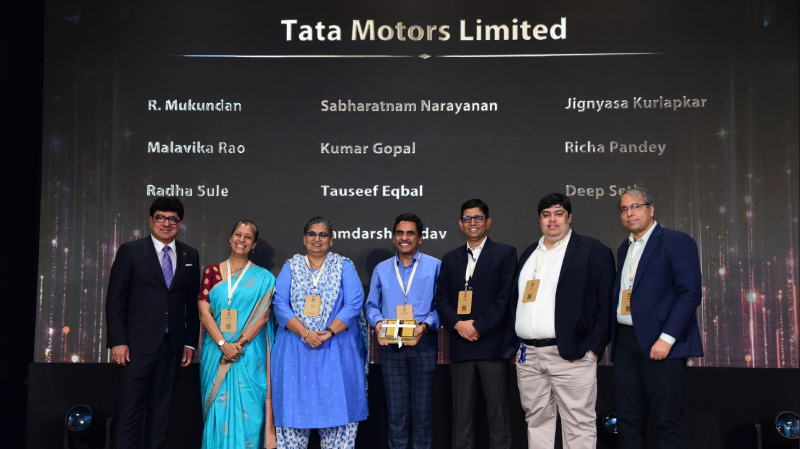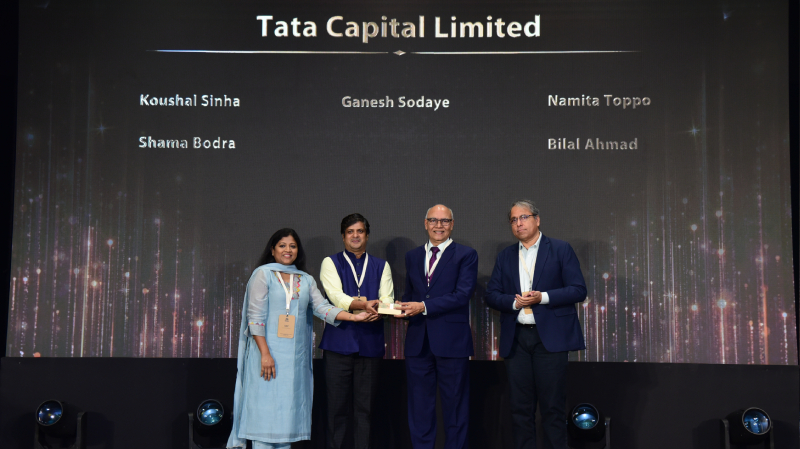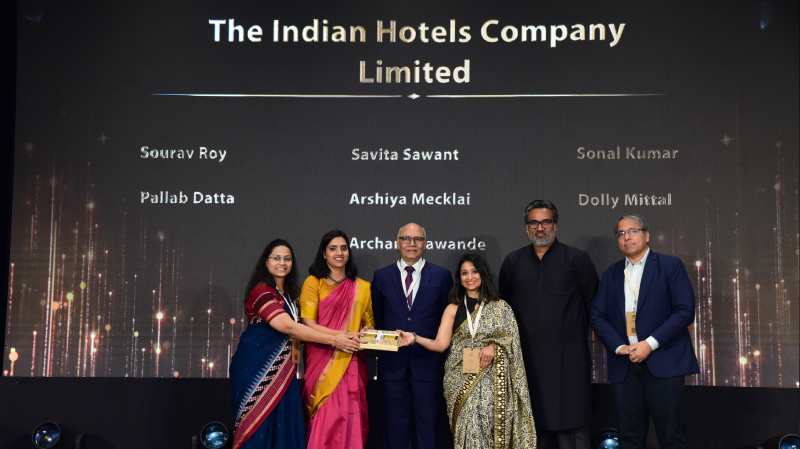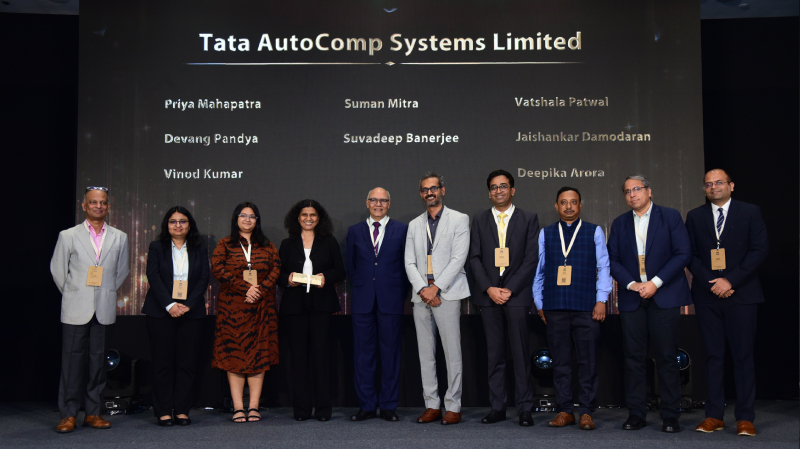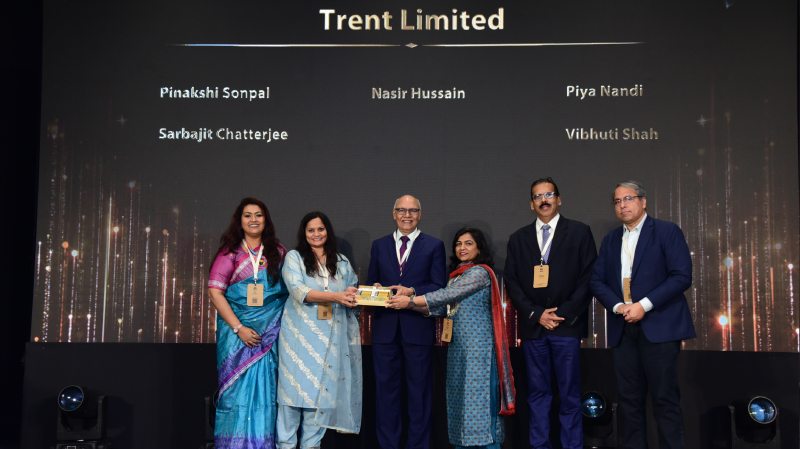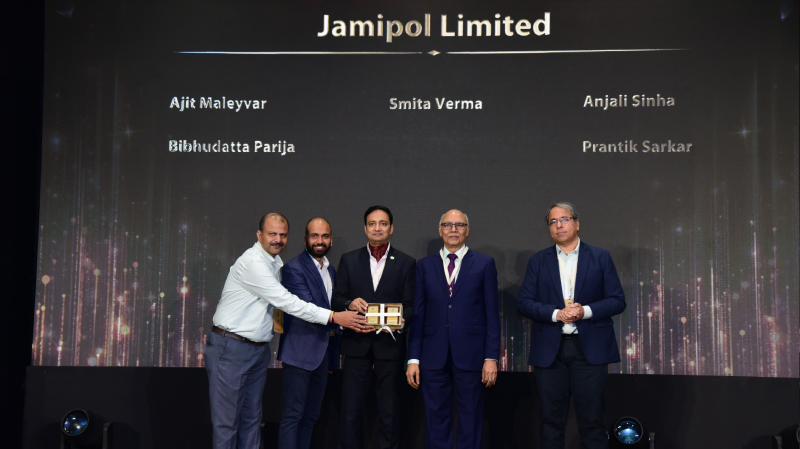The Ethics and Affirmative Action Summit 2025 took place on February 13, 2025, at The Taj Mahal Palace in Mumbai. This was the first time that the annual conclave for ethics and affirmative action was combined. The event honoured visionary companies and individuals who have made a profound impact in the communities the Tata group operates in, driving positive change and promoting inclusive growth.
Sessions as well as awards on various topics and categories related to ethics as well as affirmative action were intertwined throughout the day. Ty Francis, a governance, compliance and ethics leader, shared insights on hallmarks of high impact ethics programmes. From the Tata group, P Venkatesalu, CEO, Trent; and P B Balaji, Group Chief Financial Officer, Tata Motors, shared impactful narratives on ethical practices as leaders in their respective organisations.
Tata Affirmative Action Programme (TAAP) has become a beacon of hope in today’s rapidly changing social and economic environment. The Summit served as a powerful platform for reflection, celebration and forward thinking. It highlighted the remarkable progress made, paying tribute to visionary leaders, dedicated teams and organisations that championed TAAP’s noble cause.
Dr Abhay Bang, Founder Director, Society for Education, Action and Research in Community Health, was the TAAP keynote speaker. He discussed how change can be created for people at the bottom of the pyramid, using his experience in Gadchiroli, Maharashtra, as a case study. Emphasising that change should relate to the needs of the people and not what we wish to change, he shared how his team developed a low-cost, home-based neonatal care model, empowering local women to become caregivers, significantly reducing infant and neonate mortality rates. He concluded with a clarion call to Tata companies to focus on the bottom of the pyramid, integrating AA initiatives for greater impact.
Dr Praveer Sinha, MD & CEO, The Tata Power Company, spoke about the company’s approach to empowering communities through the five Es of TAAP (employment, employability, entrepreneurship, education and enablers). He presented the company’s work in Maithon, Jharkhand, where it’s efforts led to the establishment of 278 primary schools with 16,000 students. Praveer also spoke about Tata Power’s Women Adult Literacy Programme and its impact on empowering women and communities in Delhi's slums. Additionally, he highlighted the company’s initiative for autistic children, which uses a hybrid (phygital) approach, benefitting 18,000 parents and caregivers across eight states.
Click here to see the list of recognitions in Ethics and Affirmative Action Summit 2025
Puneet Chhatwal, MD & CEO, The Indian Hotels Company (IHCL), then shared the company’s TAAP journey. Outlining IHCL's purpose in pioneering responsible change, creating value for communities and shaping the future, he highlighted that the company’s efforts are closely connected to the communities in which it operates. Puneet explained how IHCL integrates its purpose, vision and the five Es into its Affirmative Action (AA) Framework, and showcased various processes, programmes and their impact.
The evening’s programme continued with Shreyas Desai, General Manager, TAAP Group Centre, providing an update on the Tata group’s progress in AA. He discussed the evolution of AA within the Tata group over the past two decades, covering the beginning of the Group's AA journey, introduction of external assessments for AA initiatives, and how companies used the TAAP framework for evaluation and recognition. Shreyas also highlighted the focus on responsible supply chains, social security benefits awareness, and bridging the digital divide in AA communities.
Taking the stage next, Dr R A Mashelkar, Chairman, TAAP Governing Council, shared his personal journey, reflecting on his humble beginnings and how the Tata Scholarship helped him achieve success and fame. He emphasised that empowerment is not just about numbers, but about breaking down barriers that prevent communities from reaching their full potential. Dr Mashelkar called for more to be done to address these systemic issues, which are both social injustices and economic failures.
N Chandrasekaran, Chairman, Tata Sons, then addressed the attendees of the Summit. Underscoring the importance of both ethics and AA, the Chairman stressed on the fact that the Tata group, with its diverse industries and 150-year legacy, has a responsibility to live by the values instilled by its Founders. He emphasised that for programmes to have a real impact, they should not operate in isolation but be integrated across the business. He called upon companies to integrate AA plans with the Annual Business Plan, which can be regularly reviewed in an integrated manner.
The Summit ended with a vote of thanks.



